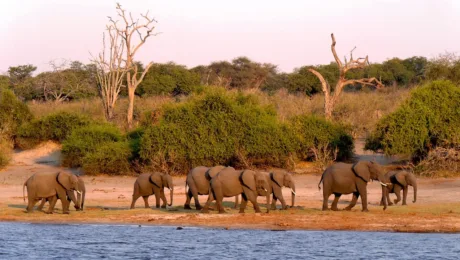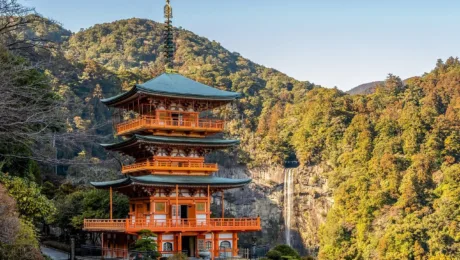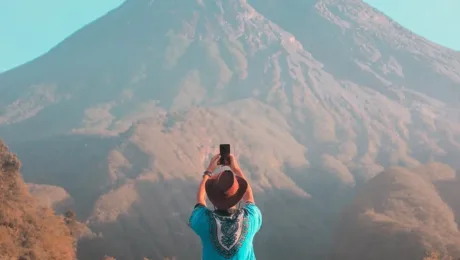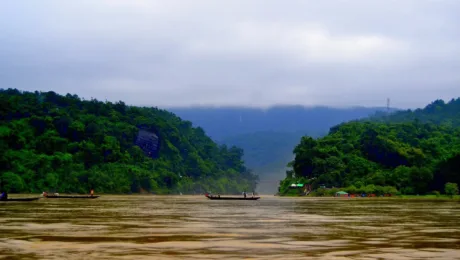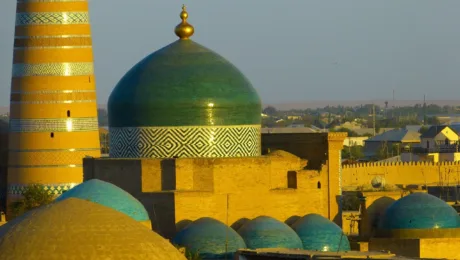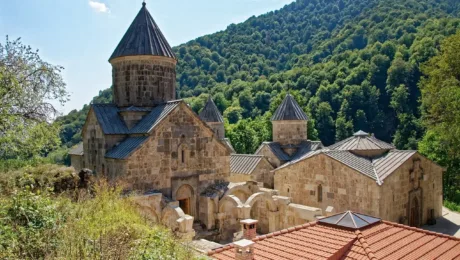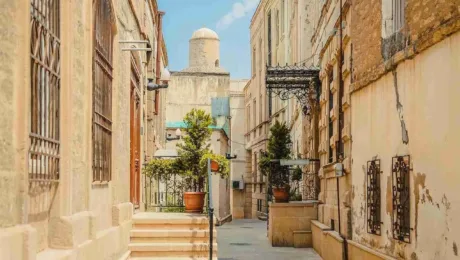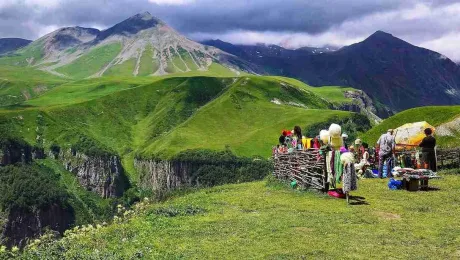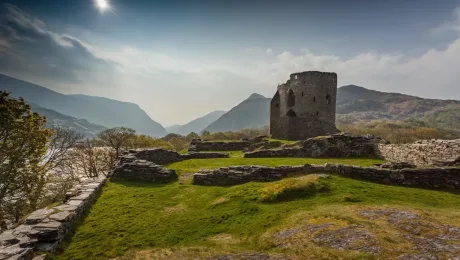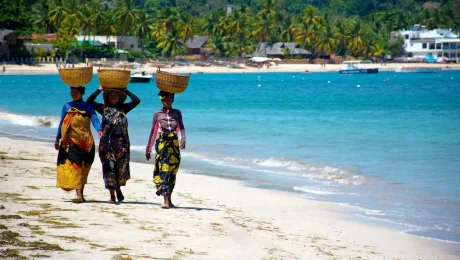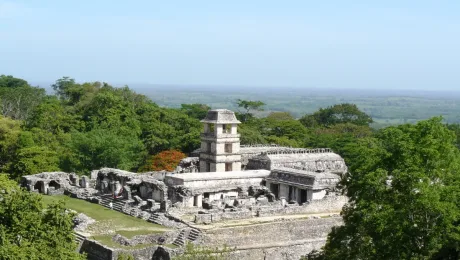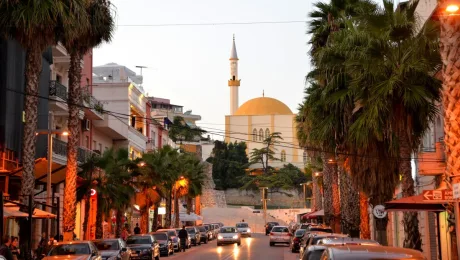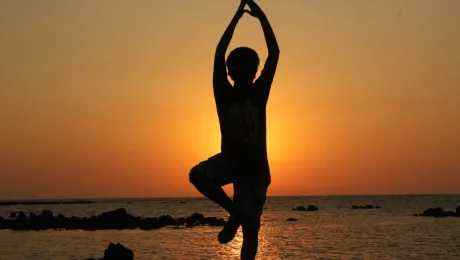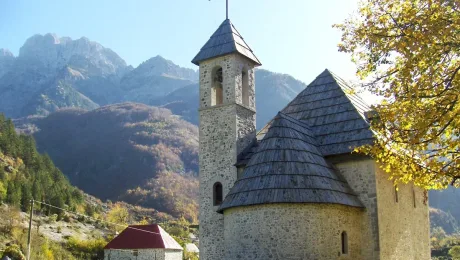Rwanda Safari Trip & Gorilla Trekking Tours
- Published in Country
Botswana Mobile Safaris and Tours
- Published in Country
Escorted Tours of Japan
- Published in Country
Egypt Tours & Holidays
- Published in Country
Beyond the Tourist Trail: Unveiling a Country’s Soul
Beyond the Tourist Trail – Unveiling a Country’s Soul We’ve all seen the postcards, pristine beaches, iconic landmarks, and picture-perfect smiles. But do those snapshots truly capture the essence of a country? We don’t think so. The soul of a place lives in its backstreets, its stories, and the flavours that linger long after the
- Published in Travel Blog
Keeping Your Tourist Spend Local
Local Travel & Keeping Your Tourist Spend Local: A Traveller’s Guide to Supporting Communities The allure of far-flung destinations, bustling cities, and pristine beaches is undeniable. But have you ever stopped to consider the impact your tourist spend has on the places you visit? While the convenience of international chains and pre-packaged tours can be
- Published in Travel Blog
Holidays in Bangladesh
- Published in Country
Uzbekistan
- Published in Country
Armenia Tours
- Published in Country
Azerbaijan Tours
- Published in Country
Tours of Georgia
- Published in Country
Tours of Wales
- Published in Country
Madagascar Tours
- Published in Country
Pakistan
- Published in Country
Mexico Escorted Tours and Holidays
- Published in Country
Tours of Ethiopia
- Published in Country
Explore Albania with a Local Guide
Explore Albania with a Local Guide Our Local Tour clients, Oscar and his partner, recently shared their incredible experience on a private trip to explore Albania with a local guide. Their story captures why Albania is one of Europe’s most underrated destinations, and why exploring it with a local expert makes all the difference. Why
- Published in Travel Blog
Yoga Holidays in Morocco: The Best Destinations & Experiences
Yoga Holidays in Morocco Morocco offers a rich and varied experience for those seeking active holidays and tours. From its dramatic landscapes and vibrant culture to its welcoming communities and flavourful cuisine, the country has something for everyone. It’s no surprise that Morocco has become a favourite destination for yoga holidays, combining movement, mindfulness and
- Published in Travel Blog
Sustainable Tourism for Tour Operators
Sustainable Tourism for Tour Operators Sustainable tourism is becoming increasingly important in the travel industry. Outbound tour operators such as Our Local Tour have a key role to play in promoting these practices and supporting local tourism development in the destinations they serve. Here are some ways that we believe we can work towards becoming
- Published in Travel Blog
Kyrgyzstan
- Published in Country
Albania Tour
- Published in Country
Dominican Republic Tours and Holidays
- Published in Country
Heritage Tourism in Ghana
Discover Cultural and Heritage Tourism in Ghana Ghana is one of West Africa’s most captivating destinations, celebrated for its rich culture and deep historical roots. For travellers seeking to explore African heritage and ancestry, Ghana offers an experience that is both enlightening and unforgettable. This guide will help you understand what makes heritage tourism in
- Published in Travel Blog
Tours in Ghana
- Published in Country
Authentic Travel Vietnam
- Published in Country


